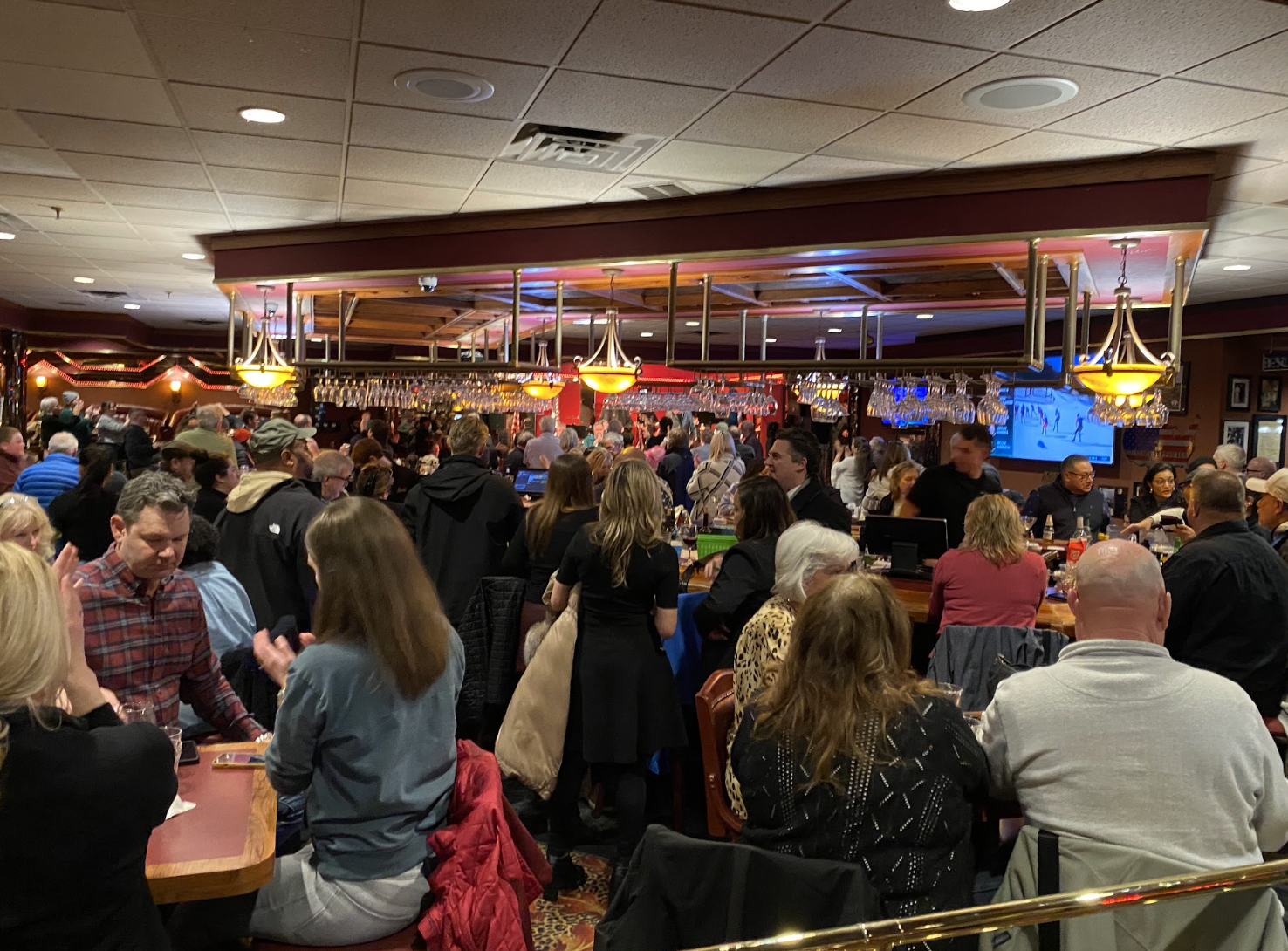Welcome back to The Flyover, your daily digest of important, overlooked, and/or interesting Minnesota news stories.
Labor Standards Board Brouhaha
As we reported last week, the Minneapolis City Council voted 9-3 to approve the creation of a much-argued-about Labor Standards Board, and, as we wrote last week, you are unfortunately not done hearing about it. Minneapolis Mayor Jacob Frey vetoed the measure late Thursday, writing that the council's proposal is "neither balanced nor fair." That'll send it back to the council which, at the time of last week's vote, had a veto-proof majority.
While we're on the subject of the LSB, let us complain a bit about this error-riddled segment from noted KSTP oaf Jay Kolls, as spotted by Wedge LIVE! In less than three minutes, the segment inaccurately states, among other things, that the board would...
- Be a "government body overseeing wages, benefits, and training"—nope!
- "Enforce requirements concerning wages and benefits"—nope!
- Have the potential to "change the entire business landscape"—lol I mean OK
Also Loon Cafe owner Tim Mahoney suggests that the not-yet-existent Labor Standards Board would somehow "force out" "paying customers" who no longer hang out in downtown Minneapolis after midnight? As we sometimes joke around Racket HQ—should we ban TV news? Ha ha, but seriously folks...
Anyway, that's actually also not the story this blurb was intended to highlight. Instead, the focus was supposed to be on a great MinnPost piece from Winter Keefer that more or less says: Um, hey guys, did you know St. Paul already has a Labor Standards Board-type thing and yet miraculously also has healthy small businesses and restaurants?
I know, I know, but Keefer's reporting checks out: In St. Paul, it's called a Labor Standards Advisory Committee, and it has 16 members: six employers, six employees, four at-large community representatives. (Minneapolis's, as structured now, would have 15 members, with an even five-way split between employers, employees, and “community stakeholders.”) But like the proposed Minneapolis board, St. Paul's is "tasked with engaging employers, employees and community members and advising on labor standards issues in their respective cities." Like the Minneapolis board, it can bring recommendations to the City Council, and in fact did, recently, with a wage-theft ordinance that was adopted earlier this month.
Making it easier for the city to investigate allegations of wage theft? That seems like the kind of thing we should all be for, doesn't it? Doesn't it?
Minneapolis Gig Economy: Not Great!
No, silly, not that gig economy—we're talking more about the economics of gigging. Namely that, as Kyle Stokes reports for Axios Twin Cities, Minneapolis music gigs pay less than those in other cities.
A first-of-its-kind Minneapolis Music Census of 2,200 local industry professionals found that the city's per-gig pay for local shows—$231—was the second-lowest of 17 communities surveyed. They're figures that, according to Green Room co-owner Tanner Montague, demonstrate "people aren't really buying tickets, going to shows, or drinking" since cover charges and bar revenue affect performer pay.
The census is the most extensive music economics survey of Minneapolis to date, and money isn't the only pain point:
"A majority of Minneapolis’ overall respondents (57%-61%) also complained of sexism, ageism, and elitism in the poll, and 63% said they have public safety concerns related to nighttime work," the Star Tribune's Chris Riemenschneider writes. "Among respondents of color or LGBTQ status, a majority also said they have suffered racism or homophobia within the music scene."
Leading Disinformation Expert Did a Little Disinformation
I had to read this one, from the Minnesota Reformer's Christopher Ingraham, a few times before I felt I had a grasp on it.
So, what's happening here is that professor Jeff Hancock, who's the founding director of the Stanford Social Media Lab, was asked by Minnesota Attorney General Keith Ellison to write an affidavit supporting a ban on using deepfake technology to influence an election. (The new legislation is currently being challenged in federal court by some of our most powerful minds: a conservative YouTuber and Republican state Rep. Mary Franson of Alexandria.)
Now, the problem is, Hancock's support of the law cites at least two academic sources that appear not to exist. The lawyers challenging the law think they were made up by some kind of AI software like ChatGPT. We're in kind of a weird irony zone here, huh? A misinformation expert citing made-up studies created by AI? Is this guy playing 4D chess or is he just really bad at his job?
Cool Critter Corner
Alright, enough doom, gloom, and griping—let's send this edition of the Flyover off with what I'm designating the Cool Critter Corner.
First up, we've got an admittedly not-super-local finding that's too cool not to highlight: Fossil remnants of an ancient sea monster have been uncovered in rural eastern North Dakota, not far from Grand Forks, Minnesota. The 444 million-year-old fossil, belonging to a long-extinct, cephalopod, apex predator, was found in a gravel pit by Jay Anderson, who brought it to associate professor of biology at Mayville State University Michael Kjelland. "Nothing like it exists today, but it might have resembled a giant squid with a shell," writes Inforum's Michael McGurran.
Slightly closer to the Twin Cities, there's Brad the sheep, who was "on the lam" (folks!) for about three weeks. He escaped on October 29 when he was being transferred to a new home and wandered at least 40 miles from Two Harbors, "down the North Shore of Lake Superior, through Duluth and the railyards of Proctor," according to Dan Kraker of MPR News. He was captured and returned home (with the help of some tranquilizer darts) on Tuesday, and he's going to stay with Ryan Osvold, the Carlton farmer who'd sold him. Osvold said it sort of seems like the sheep might have spent those weeks trying to find his way back home.
“I would love to just think that that’s the greatest story in the world, and that’s really what he was doing," the farmer reasoned. "It sure seemed like that's what he was trying to do."






